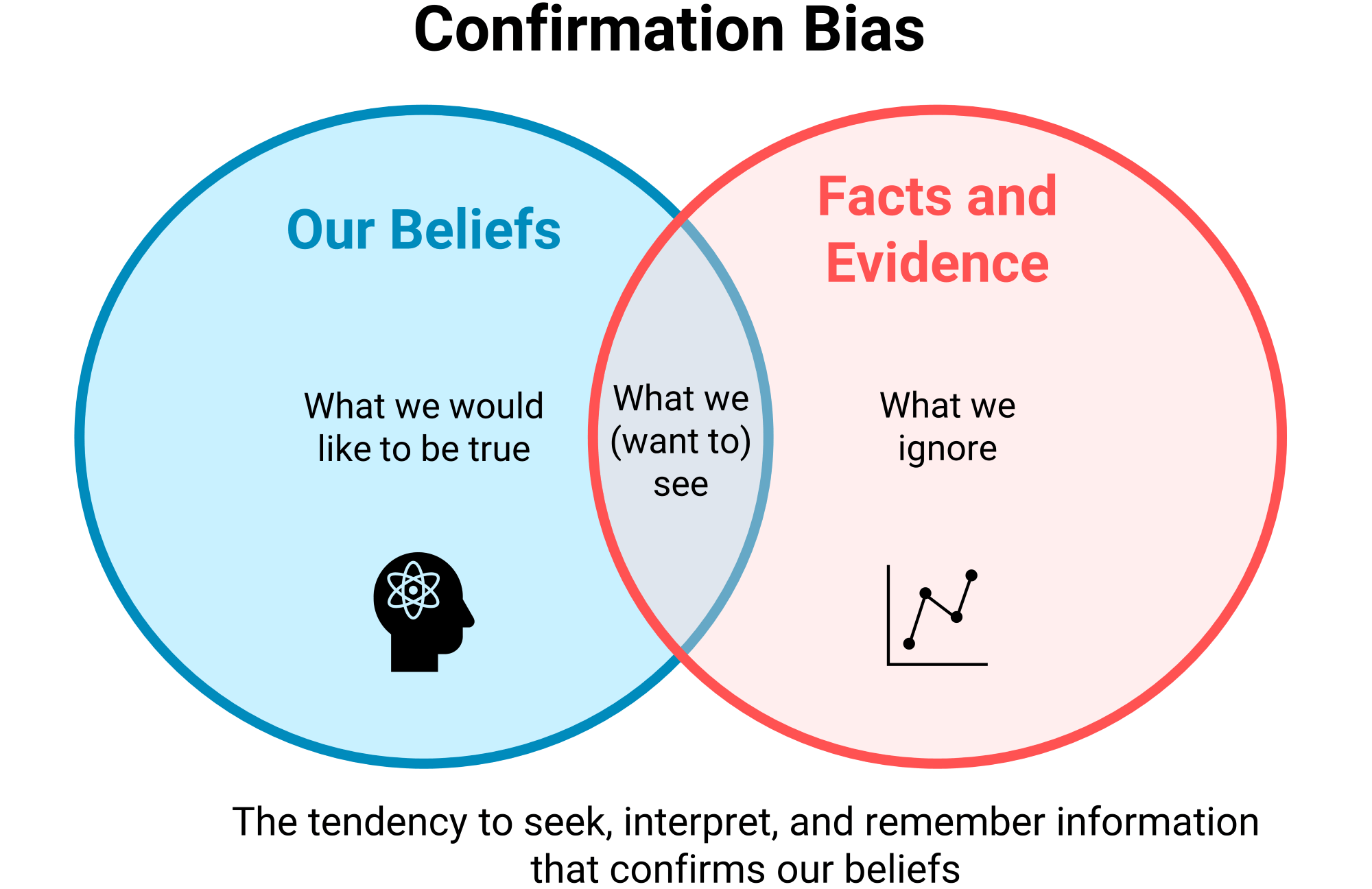Toxic Journalism. How to document an eight-episode podcast plus a bonus a whole year, but still miss the truth (1)
Episode 1. ‘In retrospect’ – an easy chorus worthy of Eurovision
We live in times when genuine spirituality is hunted down and reviled, pseudo-spirituality is promoted and acclaimed, and anti-spirituality is praised and rewarded. Moreover, journalism and spirituality do not mix, and the enemies of professor Gregorian Bivolaru don’t miss any opportunity to discredit him and his revolutionary spiritual teachings (we underline the term revolutionary, this being an important idea). They are also helped by the internet, where you can say just about anything and you still find an audience, and where a rumour, once spread, can’t be stopped.

It was in this context that an audio podcast (a programme in digital format that can be listened to and downloaded from the internet), appeared in Germany in April, as part of a series dramatically entitled Seelenfänger (for English speakers, Soulcatcher). Two German journalists narrate, for eight episodes and a bonus feature, the story of self-styled ‘victims’ who attended yoga classes organised by the Atman Federation and who later ‘discovered’, ‘in retrospect’, that they had been involved ‘in a web of manipulation and abuse of power’, that they had even faced ‘psychological terror’, and finally, alas, had a ‘tantric initiation’ (as if they had caught some deadly virus). Drama and suspense, brace yourselves.
In the spirit of good German-Romanian understanding and cooperation, we are also starting a series of a few articles (maybe even a bonus, why not) in which we launch pertinent questions and offer common-sense points of view, opening up a different perspective on the subject to readers. We do not intend, nor would it be possible, to debate every claim, especially as we have not had the opportunity to talk to the unfortunate ‘victims’ who have confessed to the two journalists.
We won’t analyse every sentence, but we will start with the title: ‘Toxic Tantra’. Short and deftly chosen, it sticks in your consciousness and categorically enshrines one of the oldest and most complex (and perhaps therefore least understood) branches of the age-old yoga tradition. For isn’t it so, German journalists are precise, methodical, efficient, what’s theirs is theirs. In the same spirit of German rigour, we would ask the two journalists to give us a list of everything they consider ‘toxic’, to see what company we are in. (We looked through the titles of previous podcasts and didn’t see any mention of food additives, chemtrails in the atmosphere, chemicals in water and soil, tobacco, refined sugar, pesticides, aluminium in vaccines, genetically modified organisms, waste dumping, oil slicks in the oceans, ‘bio sludge’, radioactive waste disposal and so on. Maybe we haven’t looked closely enough?)
The narrative is based on the ‘testimonies’ of former students and on the extensive and meticulous investigations of the two professional journalists – why not give them credit for this quality, which sets them apart from the amateurism of most local journalists. In the course of this wide-ranging investigation, to which we shall return later, the two ladies had lengthy discussions, including with representatives of our school, and were provided with a wealth of material so that they could understand the complex subject and draw their own conclusions.

So they had information, but they only chose that which fit their already formed conviction. In psychological terms, they were victims of cognitive biases, such as confirmation bias (when you select and interpret information to confirm your beliefs and ignore any information that contradicts them; as the philosopher Karl Popper said, ‘when you’re looking for confirmation, you’re sure to find it’) or the illusory truth effect (the tendency to believe that false information is true if it is repeated often enough).
Listening to the extended narrative, in the original or in translation as possible, the average listener notices from the outset that the ‘victims’ tell of wonderful, transformative experiences that responded to deep soul needs. Moreover, they admit to themselves that no one ever forced them to do or not to do anything, no one coerced them, no one imposed anything on them, no one forced them, we don’t insist on other synonyms, you get the idea. In all the activities they participated in, whether public or private, they participated because they wanted to. They were of age, they had discernment, they even had the right to vote. Only, dear listeners, ‘in retrospect’, these people now believe that it was not their choice, that they were ‘influenced’. This will be the leitmotif of the accusations and proof of ‘guilt’. ‘In retrospect’ is an effective gimmick that completely nullifies the facts and the truth, shifts responsibility to someone else, and makes you the ideal victim.
The ‘in retrospect’ argument raises at least two problems, however. First, it seems to be valid only when convenient, and does not apply in ‘politically incorrect’ contexts. Nowhere have I heard claims like this: ‘looking back, I realize that it was a mistake to attend faculty X, because I learned almost nothing that is useful in my profession; I am thinking of holding the rector and/or the ministry responsible, because they tricked me into learning something useless and thus wasted five years of my life; also my family, because they pressured me to get a useless degree’; or ‘looking back, it was a mistake to make instalments three years ago to buy this expensive smartphone, which is largely useless to me and which after two years is already technically outdated; I’m thinking of suing company Y, they brainwashed me with their persuasive marketing, I would never have paid so much money for it on my own’; or possibly ‘looking back, I realise that it was not my decision to get the anti-covid vaccine, I was lied to by aggressive propaganda in the media, I wanted to be able to go into shops and I was also threatened by my boss that I would either get vaccinated or get fired; if I hadn’t been forced and blackmailed, there was no way I would have injected myself with a substance I knew nothing about. Who could I now hold responsible for having my health destroyed?’ (No one, obviously; it would be easy if MISA could be blamed for that also).

Secondly, a change of heart ‘in retrospect’ raises serious questions as to the lucidity, discernment and responsibility of the change-makers. Who would want to have a friend, boyfriend, employee, boss, mayor, etc. who makes certain decisions – for we all make decisions in life – but after some time suddenly ‘realizes’ that yes, they did make a decision in X situation, but it was not their decision? Obviously, if you have a change of heart for who knows what reason, it’s more convenient for the ego to victimize itself and point the finger at others… What if a law was passed that anyone who admits to being ‘influenced’ at key moments in life is declared to be lacking in judgment (and loses their right to vote)? How many would have a change of heart ‘retrospectively’? For, after all, the decision to elect the mayor or the president (of the country, not of the block!) is too serious to be left to some who are not even sure whether they know what they want. Even Socrates, with his ‘I know that I know nothing’, could not have foreseen that it would come to this.
Let us not be misunderstood, we are not saying that there are no decisions taken under pressure or even under coercion. There is also emotional blackmail (‘how can you not eat meat?’, ‘if you don’t quit yoga, I’ll die of a heart attack’), pressure at work, marginalisation from colleagues, conditioning for material support. Just as there is ‘election bait’ or ‘election pittance’, since it is an election year. But let’s take a clear-headed look at past circumstances before concluding that poor so-and-so was coerced, manipulated, brainwashed and that’s the only reason they did what they did. Otherwise they wouldn’t have done it mom, they were good kids, but they brainwashed them with their yoga….
So, ‘to be or not to be influenced’, that’s the new question. Followed by ‘to be or not to be a liar and a hypocrite’. We too will look in retrospect, since it’s so fashionable, and, analysing some of the claims in the narrative, link them to known facts and come back to debate the seriousness and credibility of the ‘sources’ of the two journalists.
Source: misa.yoga
yogaesoteric
May 21, 2024
Also available in:
 Română
Română
